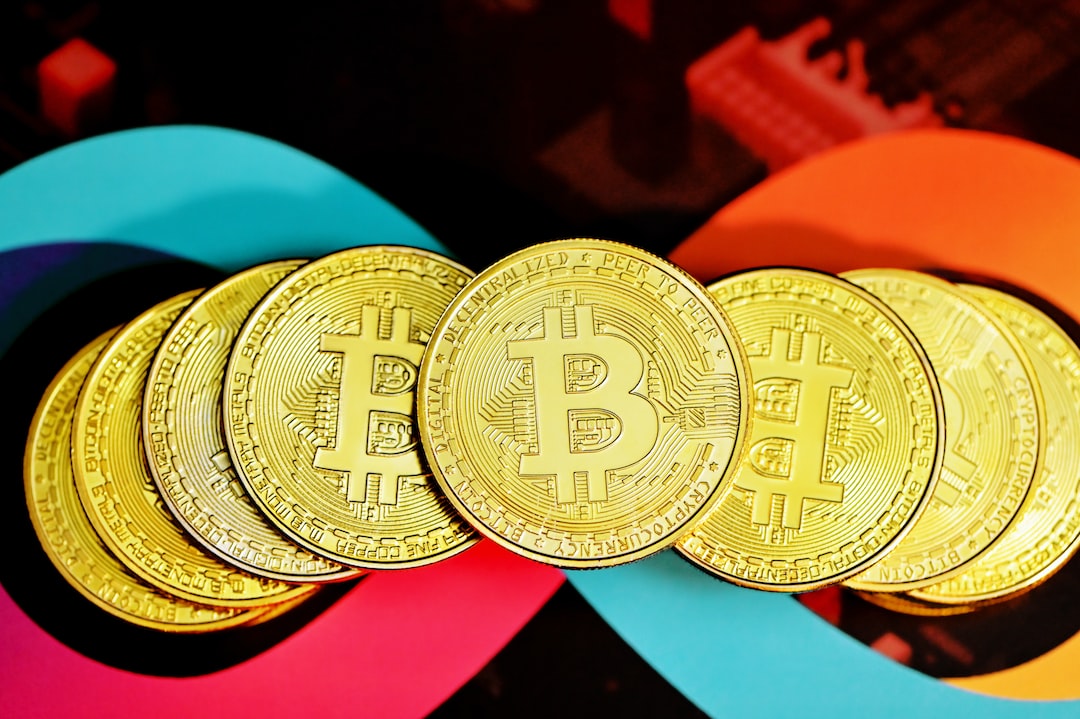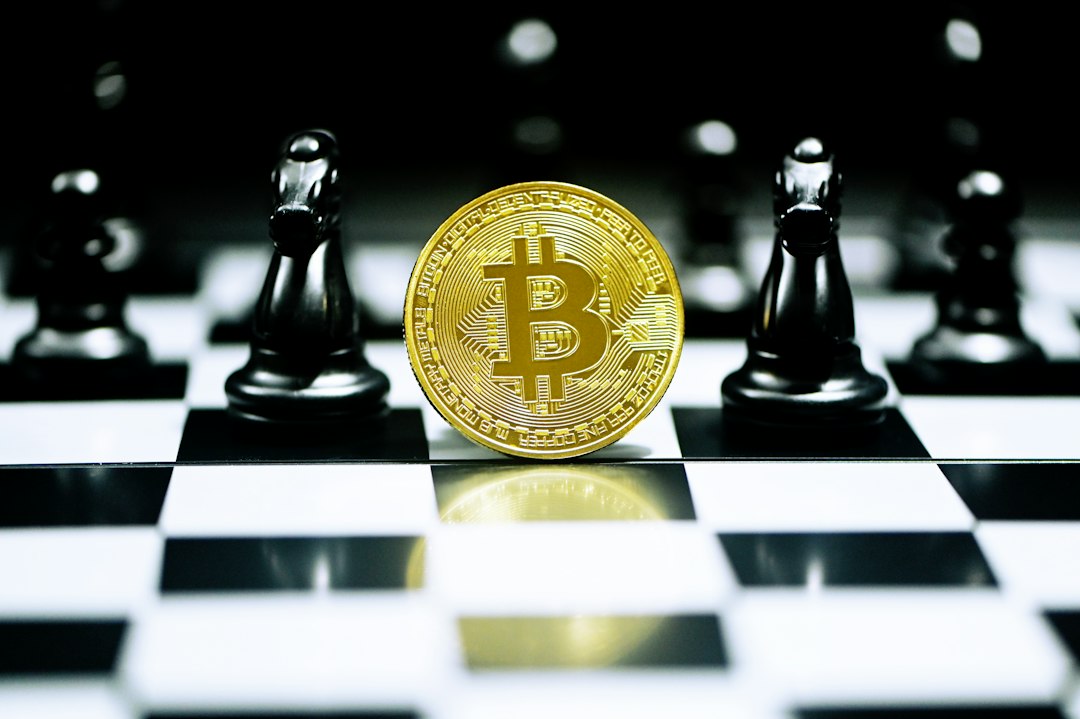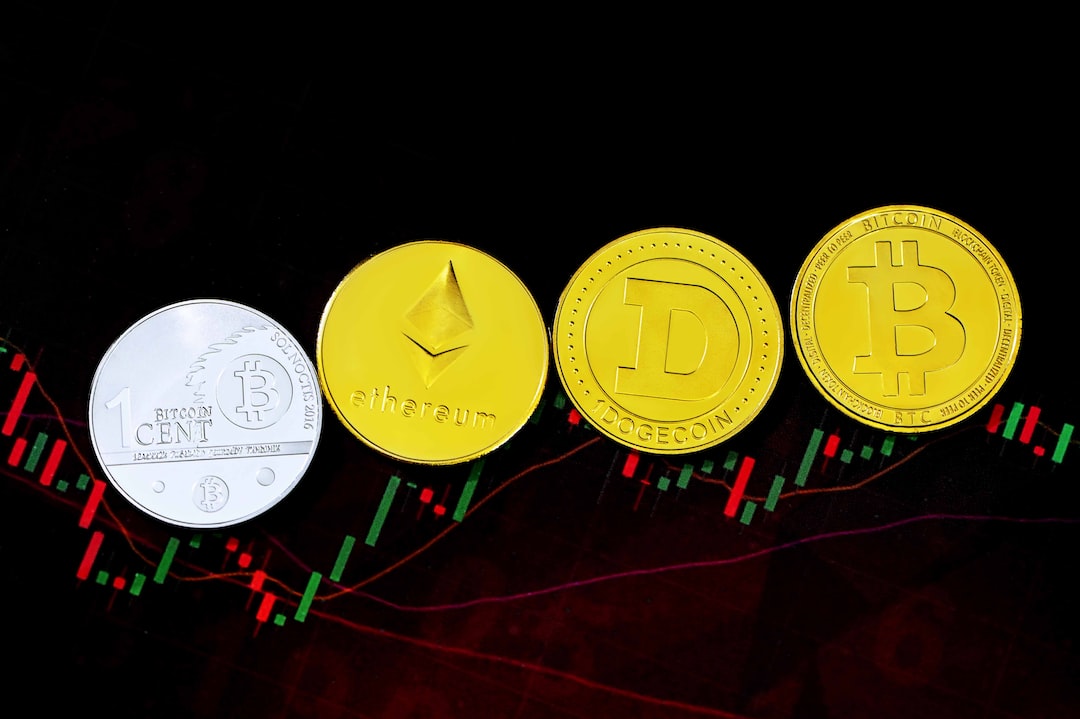What are Exchange Tokens?
Exchange tokens are native tokens of cryptocurrency exchanges that are created and issued by the exchange itself. These tokens, often referred to as “utility tokens,” have specific uses within the exchange.
Some well-known examples of exchange tokens include Binance’s BNB and FTX’s FTT. Other centralized exchanges like KuCoin, Bitfinex, Crypto.com, OKEx, and Huobi Global also have their own tokens.
How are Exchange Tokens Used?
Crypto exchanges launch tokens for various reasons. These tokens can serve as customer incentives for holding the token, cover transaction costs, raise capital and liquidity, or act as governance tokens in decentralized autonomous organizations (DAOs).
For example, Binance states that its BNB token acts as an incentive for users to stake the token and participate in BNB Chain’s decentralized on-chain governance. KuCoin token holders receive special discounts on trading fees and other associated costs within the KuCoin exchange. Crypto.com’s CRO token provides users with access to rewards and discounts offered through its flagship credit card product.
How to Buy Exchange Tokens?
To purchase exchange tokens, investors can buy them directly from the token’s parent exchange. In some cases, like FTX’s FTT token, they can also be bought on other reputable exchanges.
Typically, investors need to set up an account and go through a know-your-customer (KYC) verification process before they can buy these tokens. It’s important to note that some tokens may only be available in certain regions due to regulatory restrictions.
Risks Associated with Exchange Tokens
The risks involved with cryptocurrency exchange tokens may not be immediately apparent. In the case of FTX, which was considered a strong global player in the industry, investing in FTT may have seemed like a good idea until it became clear how many of those tokens were held by the cryptocurrency exchange.
Binance held a significant number of FTT tokens—23 million, worth around $529 million. Binance acquired these tokens as an early investor in FTX in 2019. When FTX cashed out Binance’s equity stake, it paid Binance in FTT.
When Binance announced that it would liquidate its entire position and did not have enough liquidity to cover it, the value of FTT plummeted by 85.6%.
Another risk associated with investing in exchange tokens is counterparty risk. In crypto, counterparty risk is mostly associated with stablecoins and the issuer’s claim that real-world assets back the coin. Cryptocurrency exchange tokens carry a similar risk—what is backing them?
This risk includes whether the exchange has the liquidity needed to back its token or any reserves it can tap into if liquidity suddenly dries up.
Additionally, since investors may need to exchange BTC or ETH to receive these exchange tokens, if the value or price of that token drops, there is no recourse to recover the exchanged BTC or ETH. This risk comes with staking tokens.
Staking tokens lock them into the network or exchange, and while staked, the investor cannot move or trade those tokens. If the exchange suffers a shutdown or cyber attack, the tokens will potentially be lost.
Hot Take: The Risks of Exchange Tokens
Exchange tokens play an important role within cryptocurrency exchanges, providing incentives and benefits to users. However, recent events surrounding FTX’s FTT token highlight the risks associated with holding these tokens.
Investors should be cautious when investing in exchange tokens and carefully consider factors such as counterparty risk and potential liquidity issues. It is crucial to conduct thorough research before buying any exchange token and understand the implications and potential drawbacks of holding these tokens on an exchange.





 By
By
 By
By

 By
By
 By
By